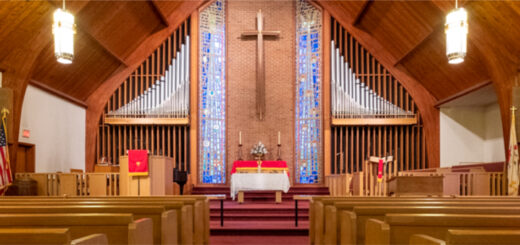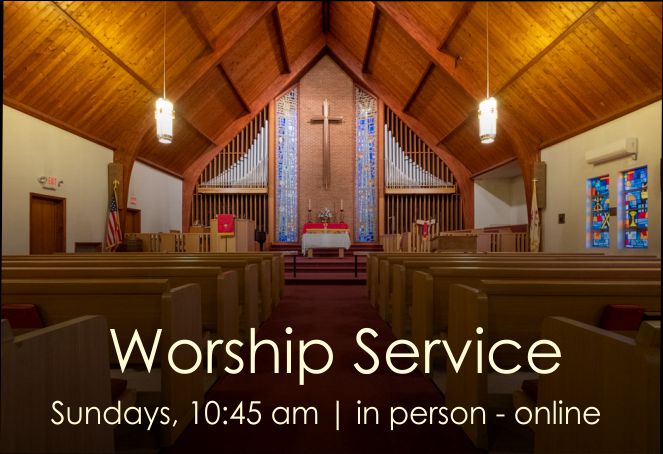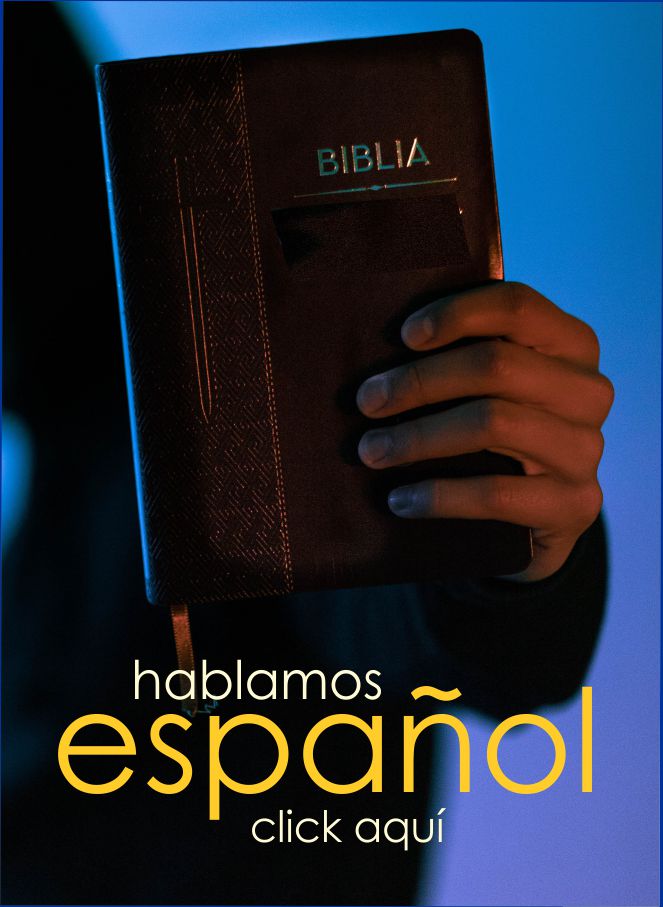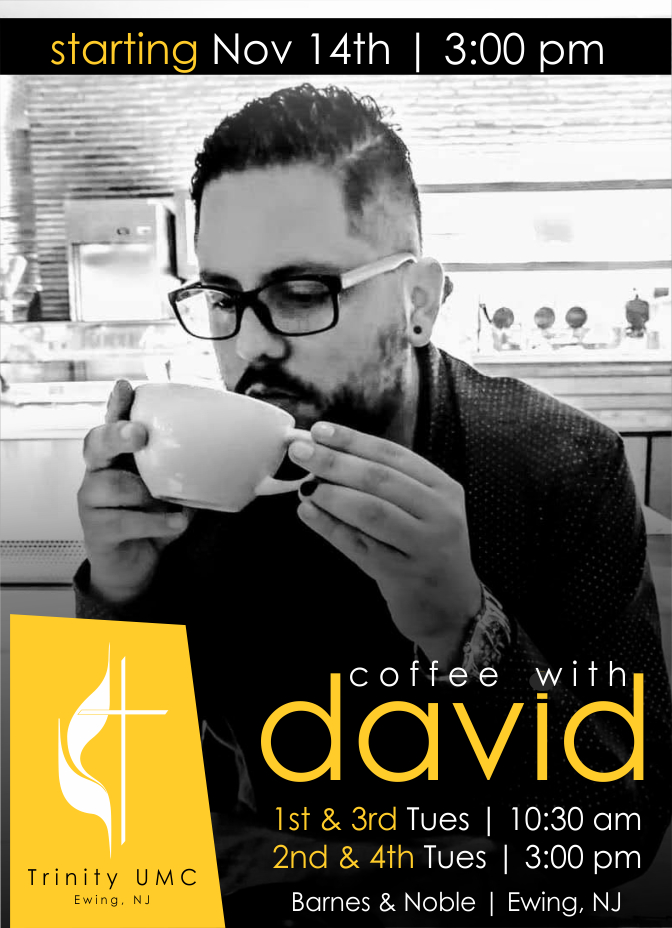No matter how long it takes, we need to get there

As we enter the period of Lent, a time of introspection and spiritual renewal, the historic meeting between St. George’s United Methodist Church and Mother Bethel African Methodist Episcopal Church in Philadelphia resonates deeply within the Methodist community, offering a profound lesson in repentance, forgiveness, and reconciliation.
Amidst the rituals and reflections of this season, the encounter between these two churches serves as a touching reminder of the importance of seeking unity and healing in the body of Christ.
This meeting, occurring more than two centuries after the split that separated these congregations, in October 2009 due to painful segregation sins, holds a significance that transcends the passage of time. The event was led by Rev. Alfred T. Day from St. George’s, and Rev. Mark Kelly Tyler from Mother Bethel. For over 200 years, the Methodist community has been marked by the legacy of division, rooted in the complex history of race relations within American Christianity. The crack between St. George’s, the oldest Methodist church in the country, and Mother Bethel, an example of hope and resilience in the African American community, have long symbolized the fractures within the Methodist family.
In my E-note titled “Let me finish my prayer first,” I shared the story of St. George’s and the cause of the division, which was the starting point for the Mother Bethel African Methodist Episcopal Church. This process was led by Rev. Richard Allen, a former slave who was the first black minister ordained in the Methodist Church.
Yet, as we reflect on this historic reunion, we are reminded that the call to reconciliation knows no bounds of time or circumstance. Regardless of how long we have waited for healing, the action remains clear: we must take deliberate steps towards reconciliation, guided by the timeless principles of Christian love, restitution, dignity, and forgiveness.
In the spirit of Lent, a season of repentance and renewal, we are called to confront the sins of division and its causes that have plagued our communities. Like Jesus, who journeyed into the wilderness to face temptation and prepare for his ministry, we are invited to embark on a journey of self-examination and transformation. This journey requires humility, courage, and a willingness to acknowledge the ways in which we have contributed to the brokenness of our relationships.
The meeting between St. George’s and Mother Bethel exemplifies the redemptive power of grace and forgiveness. In the sacred space of fellowship, past wounds were tenderly addressed, and the barriers of division were overcome through acts of reconciliation and mutual understanding. The courage and humility displayed by both congregations serve as a testament to the transformative potential of Christian love in healing the wounds of history.
As we journey through Lent, let us heed the example set forth by St. George’s and Mother Bethel. Let us approach one another with open hearts and minds, ready to listen, learn, and forgive. Let us recognize that true reconciliation requires both acknowledgment of past wrongs and a commitment to building a future of unity and solidarity.
In the words of the apostle Paul, “If it is possible, as far as it depends on you, live at peace with everyone” (Romans 12:18). As Methodists, let us embrace this call to peace and reconciliation with fervent devotion, knowing that it is only through the grace of God and the power of the Holy Spirit that true healing and unity can be achieved.
Warmly,
Pr. David Gaitan









